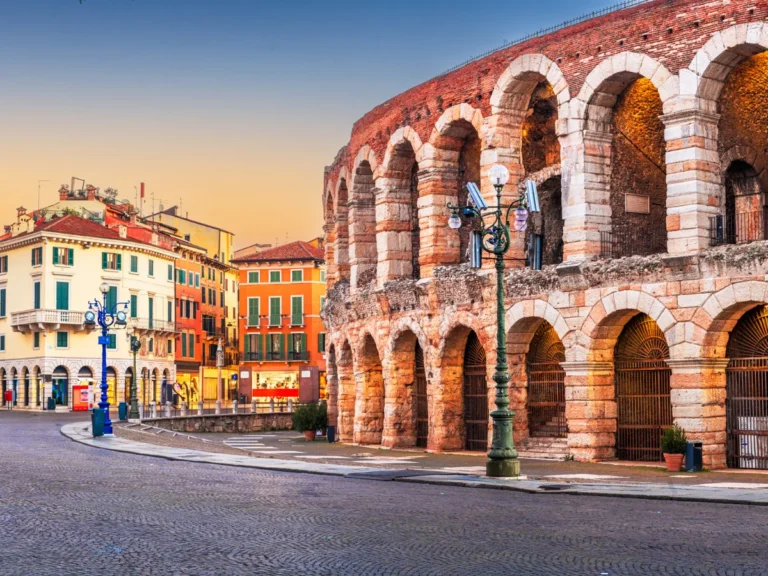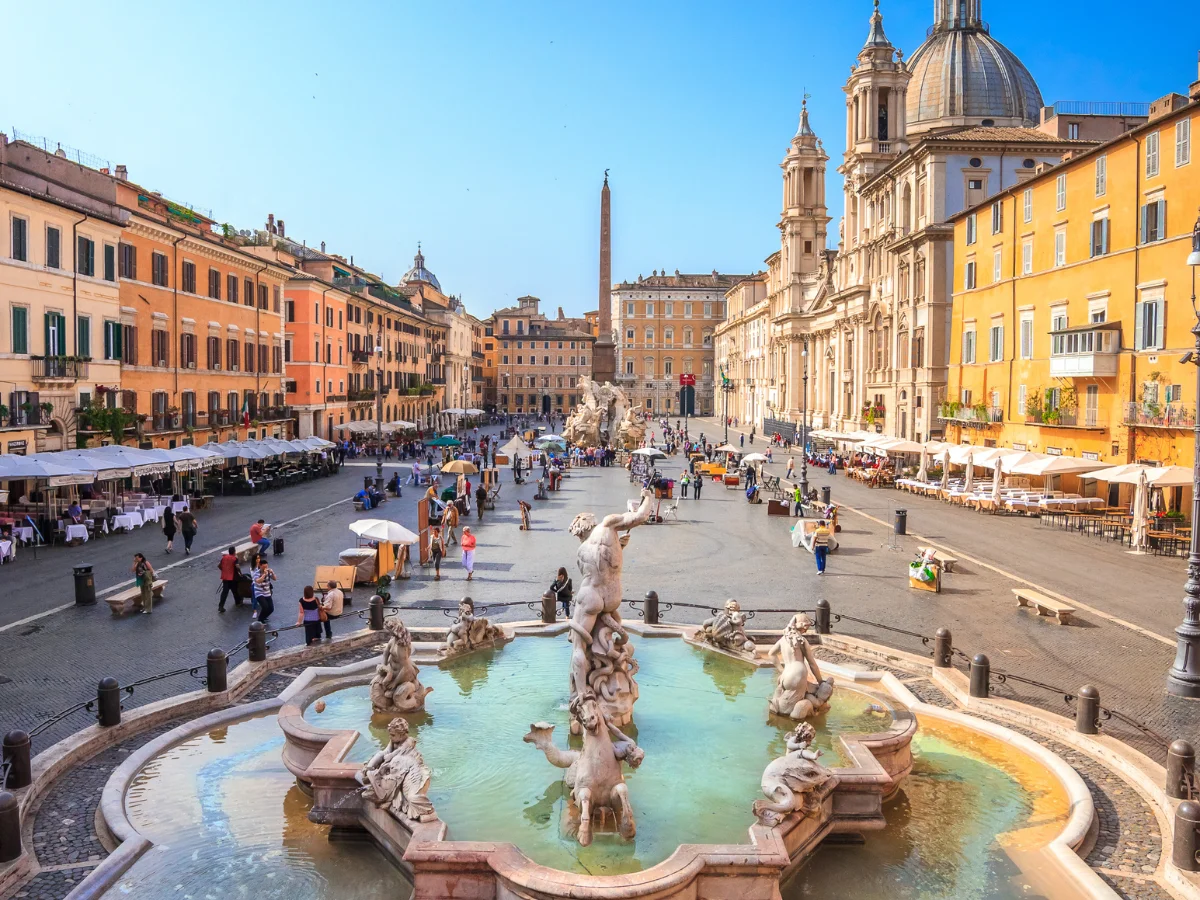The battles between Rome and Britain
The battles between Rome and Britain spanned centuries, shaping the history of both regions. From Caesar’s invasions to Claudius’ conquests, battles like Camulodunum and Mons Graupius marked significant milestones. Boudica’s revolt highlighted British resistance against Roman rule. Despite Roman advancements, the decline of Roman authority paved the way for Anglo-Saxon conquests. The legacy of these encounters influenced culture, technology, and administration in Britain. Overall, the battles between Rome and Britain illustrate the complexities of conquest, resistance, and cultural exchange in the ancient world.

The battles between Rome and Britain
Introduction: Rome’s Encounters with Britain
The relationship between Ancient Rome and Britain was characterized by a series of military campaigns, diplomatic negotiations, and cultural exchanges. Rome’s attempts to conquer Britain were marked by both successes and setbacks, leading to significant battles that left a lasting impact on the history of both regions.
Caesar’s Invasions: The First Encounters
Julius Caesar’s invasions of Britain in 55 and 54 BC were the first recorded military campaigns between Rome and Britain. Despite initial Roman victories, Caesar’s expeditions did not result in lasting conquests or significant territorial gains. The resistance of British tribes, combined with logistical challenges and inclement weather, thwarted Caesar’s ambitions for a full-scale invasion.
Claudian Invasions: Rome’s Conquest of Southern Britain
In AD 43, Emperor Claudius launched a large-scale invasion of Britain, marking the beginning of Rome’s conquest of the island. The battles of Medway and Thames saw Roman legions defeating British tribes and establishing control over southeastern Britain. Over the following decades, Roman forces gradually expanded their territory.
Boudica’s Revolt: A Rebellion Against Roman Rule
In AD 60 or 61, the Iceni queen Boudica led a massive rebellion against Roman rule, resulting in one of the most famous conflicts in Roman Britain. The Battle of Camulodunum and the subsequent sack of Verulamium and Londinium highlighted the brutality of the uprising. Although Boudica’s forces initially achieved some success, they were ultimately defeated by the Roman governor Gaius Suetonius Paulinus in the decisive Battle of Watling Street.
Agricola’s Campaigns: Roman Expansion into Northern Britain
Under the leadership of the governor Gnaeus Julius Agricola, Rome expanded its control into northern Britain during the late 1st century AD. Agricola’s campaigns culminated in the Battle of Mons Graupius, where Roman legions clashed with Caledonian tribes led by Calgacus. Although the exact location and outcome of the battle are debated, it is believed that the Romans emerged victorious, securing their dominance over much of Britain.
The End of Roman Rule: Decline and Withdrawal
By the early 5th century AD, the Roman Empire faced internal turmoil and external threats, leading to the gradual decline of Roman rule in Britain. Battles such as the Siege of Londinium and the Battle of the River Medway saw Roman forces struggling to maintain control against Saxon and Pictish incursions. Ultimately, the collapse of Roman authority in Britain paved the way for the Anglo-Saxon conquests and the emergence of new kingdoms in the region.
Legacy: Cultural Exchange and Influence
Despite the end of Roman rule, the encounters between Ancient Rome and Britain had a lasting impact on both societies. Roman technology, architecture, and administration left a significant imprint on Britain, influencing its development during the subsequent Anglo-Saxon and medieval periods. Conversely, British resistance and cultural identity persisted, shaping the unique character of the British Isles.
Conclusion: A Complex History of Conquest and Resistance
The battles between Ancient Rome and Britain reflect the complexities of conquest, resistance, and cultural exchange in the ancient world. From Caesar’s expeditions to Agricola’s campaigns, these conflicts shaped the course of history in both regions and left a legacy that continues to resonate today.



